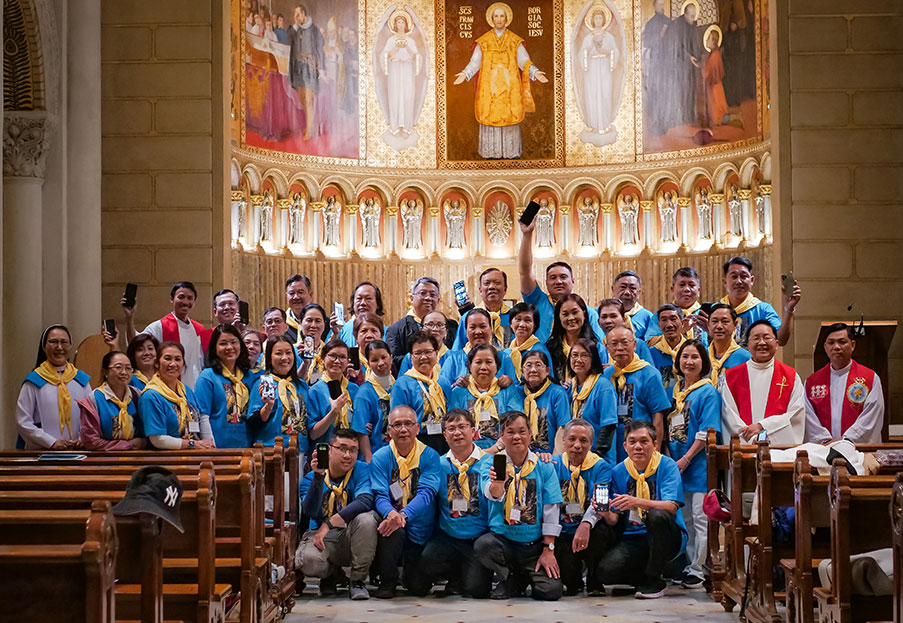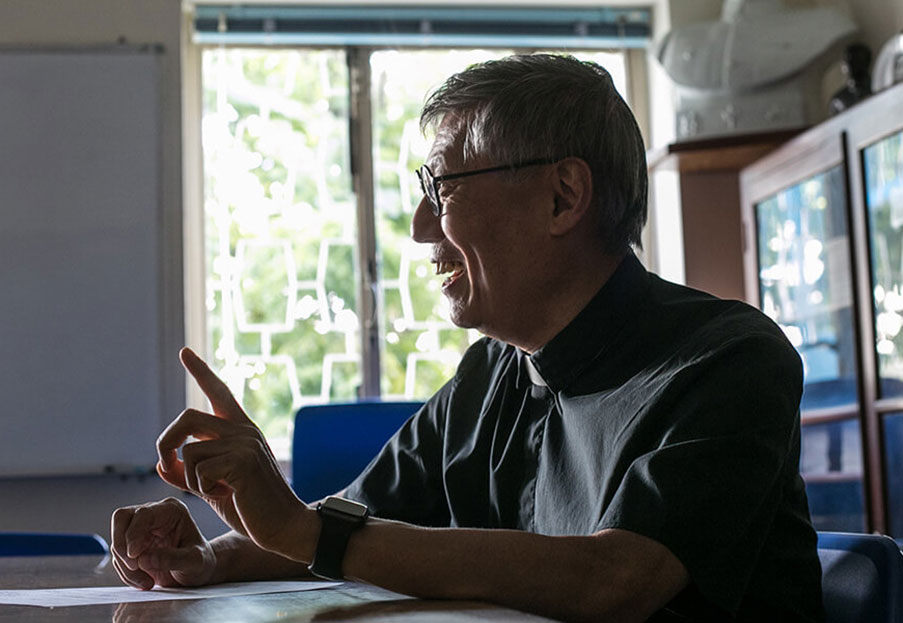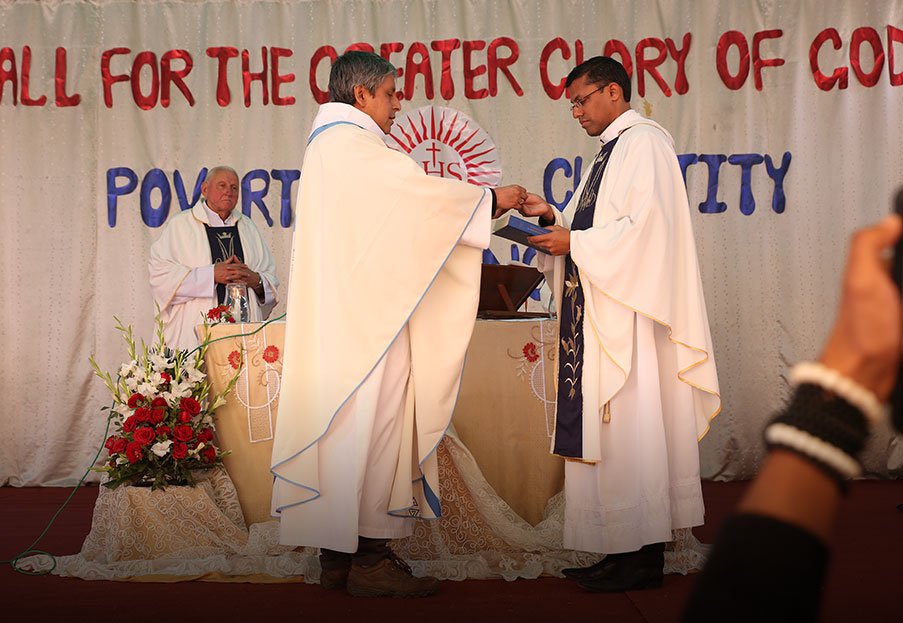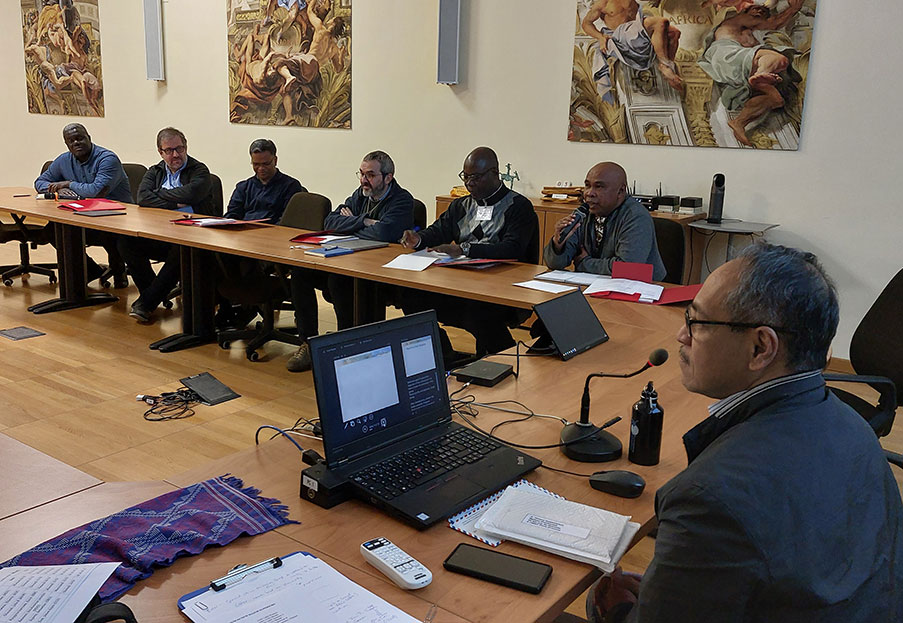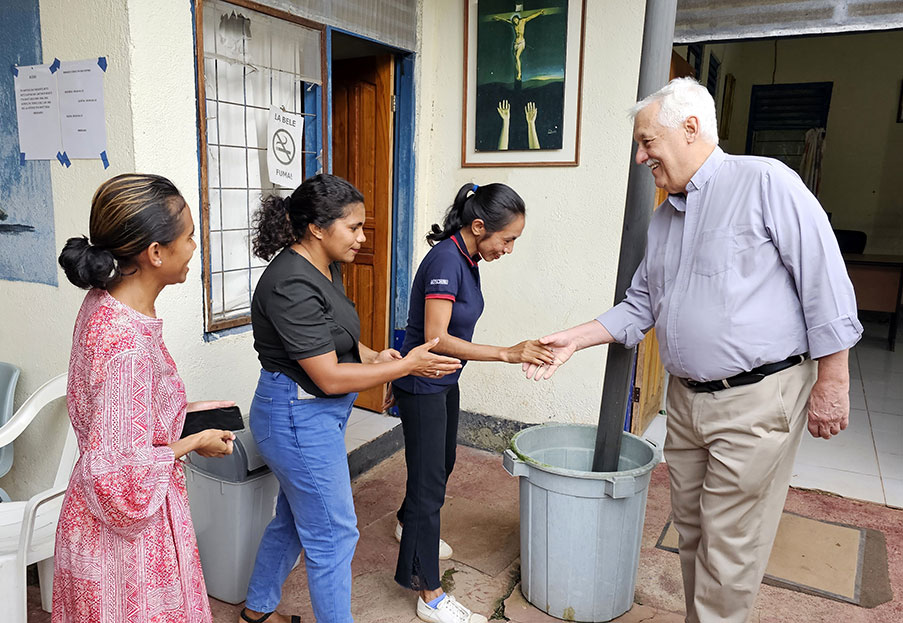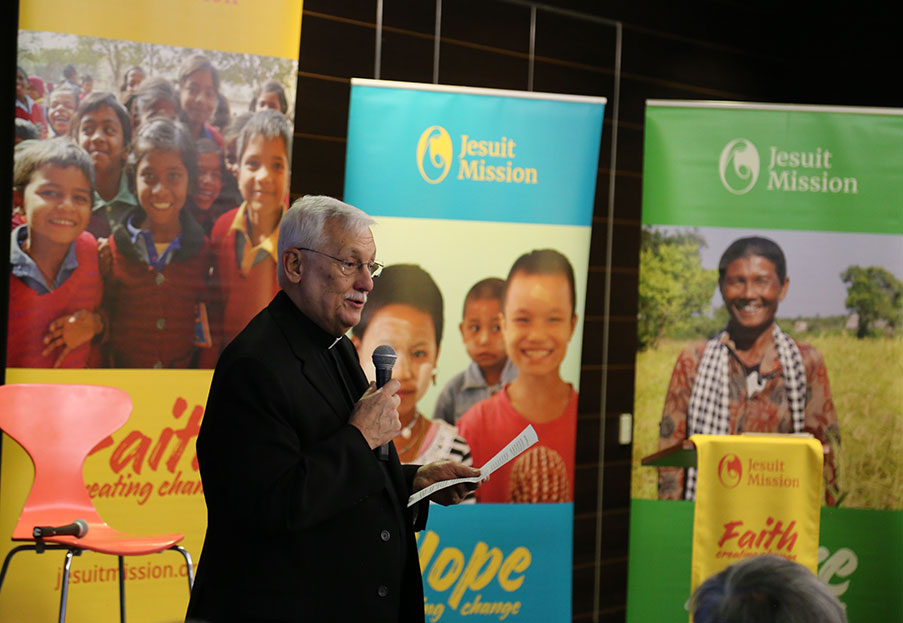Were You There?
By Eric G. Velandria, SJ
Stations of the Cross, Weekend Retreats, and Penitential Services were some community practices we celebrated in school to remember or emphasise Lent. “Were You There?” was our favourite tune, especially as students and teachers were blessed on Ash Wednesday, signalling the season’s start. Our primary school students always had the most questions about fasting and abstinence. Some bargained about chicken nuggets, feigning anguish.
Leading
the school’s Lenten rituals is a remote memory. For several years now, on Holy
Week, even up to Holy Wednesday, I have had to work in front of the computer
researching, scouring for and translating news and articles on Jesuit social
justice work. Darkness is widespread: the gangs of Haiti, political insecurity
and poverty in several Latin American countries and record high forced
migration flow, the despicable devastation and mass killing of civilians in
Gaza, the two-year Russia-Ukraine war, the conflict between military and rebel
groups in the Democratic Republic of Congo, Myanmar’s military coup, Indigenous
People robbed of their lands and rights, hunger due to the desertification of
formerly arable lands, overfishing, biodiversity loss, and several other
inhuman actions worldwide driven by avarice, megalomania, self-idolatry.
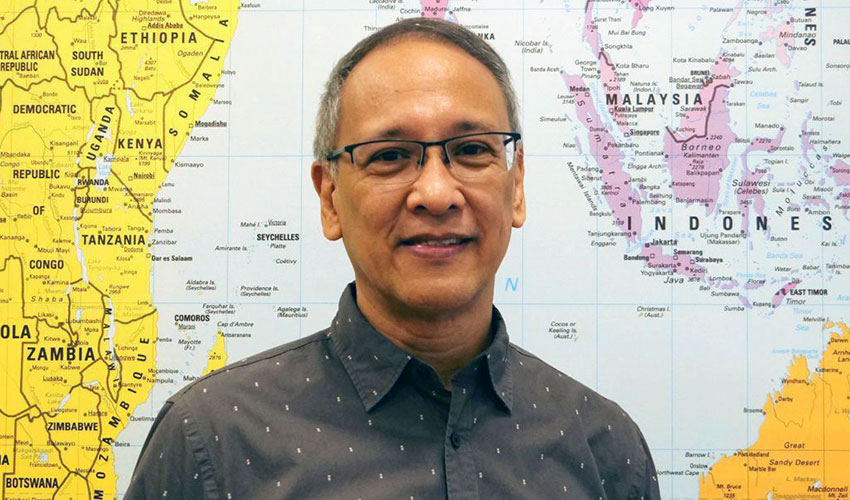
Fr Eric G. Velandria, SJ.
However, “[t]he light shines in the darkness, and the darkness has not overcome it” (John 1:5). In some form or fashion, today’s reality is not much different from the historical Jesus’ time. He and his parents were migrants who fled the megalomaniac Herod to seek refuge in Egypt. The marginalization of women, children, lepers, non-Jews, etc., was unquestionably accepted then. And Jesus himself became a victim of the hypocrisy, slander, abuse by the powers that be. When they finally sentenced him to a criminal’s death by crucifixion, Jesus, however, maintained his calm confidence in God. Crucified on the criminal’s cross, he prayed for his tormentors: “Father, forgive them” (Luke 23: 34). Darkness did not overcome the Light.
“For God so loved the world He gave us His only Son” (cf. John 3:16). Jesus, God’s Eternal Son, chose to empty himself and become one of us. The person of Jesus and His love is Lent’s focus, not the rituals. Communal celebrations and practices are merely means. Lent is remembering, celebrating, and believing God’s love for us.
I’m
stuck on my desk as I research and scour for newsworthy social justice actions
this Lent. By God’s grace, I see Jesus providing me with this space to
encounter Him anew, albeit not through school Lenten celebrations of the past.
Jesus speaks, calls, and shows me the way through research on the cries of the
earth and the anguish of the poor. Jesus also allows me to encounter Him, our
Crucified-Risen Lord, through those who devotedly advocate for justice and reconciliation.
Were you there?
